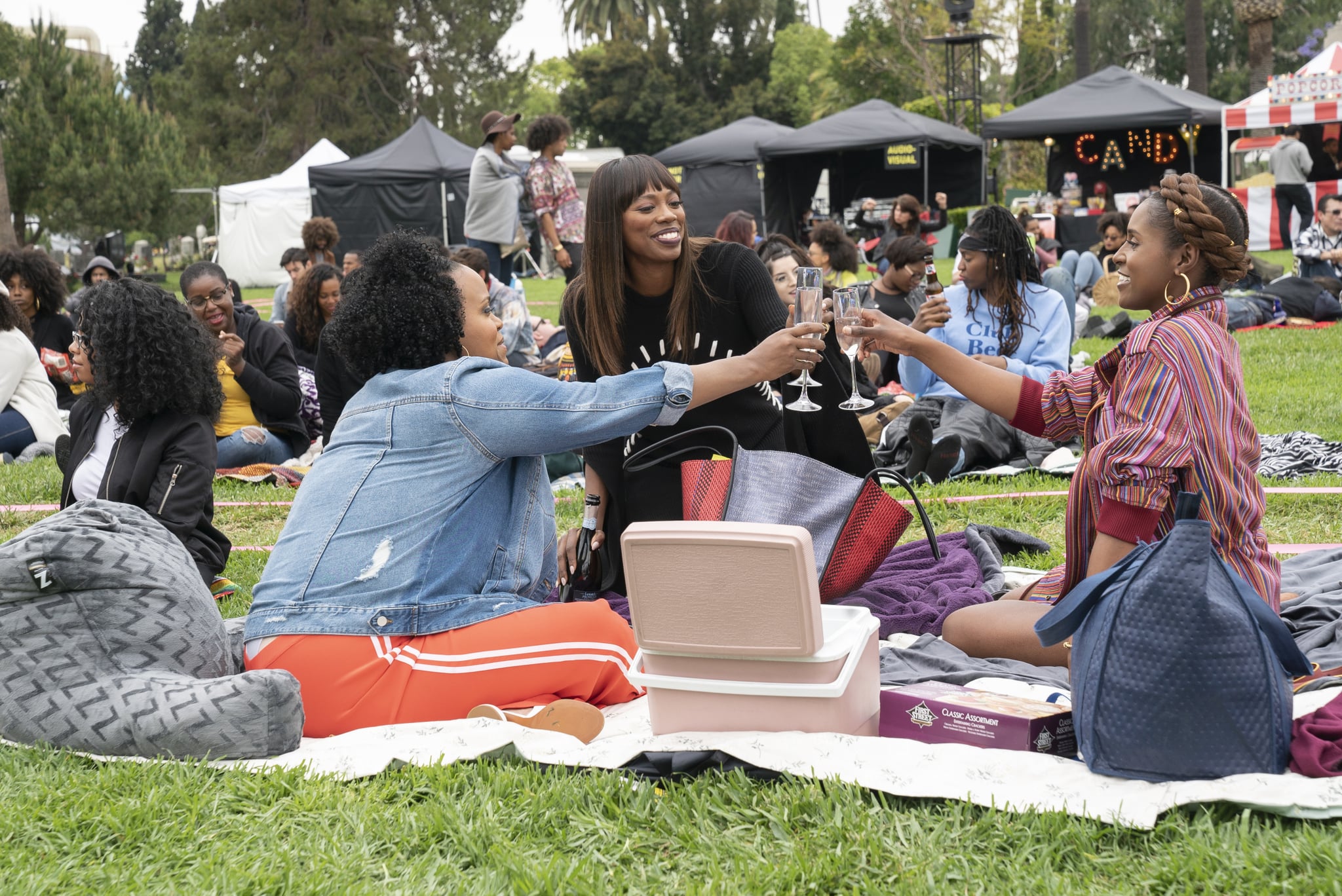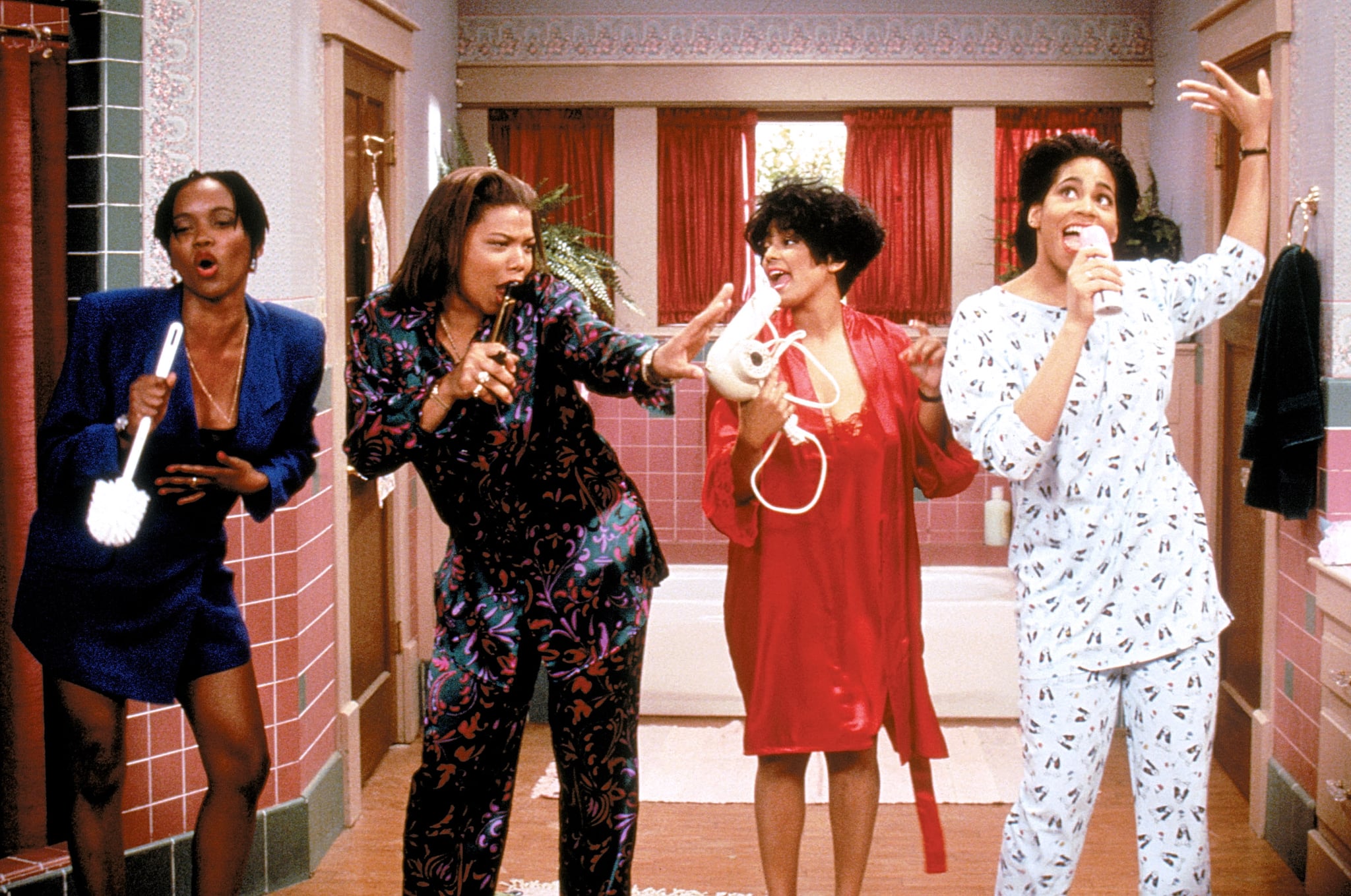
It was during a five-hour-plus flight back home from a work trip that I came across The Incredible Jessica James on Netflix (which I initially thought was the first season of a show and was heartbroken to find out I was wrong). The movie has everything I love in my flicks — a quirky (but not annoying) protagonist, an awkward love interest, and that modern millennial romance that makes us wince in secondhand embarrassment, while wishing we had that kind of love. Plus, Jessica James is played by Jessica Williams, who I basically want to be when I grow up. So it’s safe to say that I was going to enjoy it. By the end of the movie, I was crying.
I wasn’t crying because the movie is particularly heartbreaking or overwhelmingly amazing (though it’s good!), but because it feels like ME. The Jessica James on my 13.3-inch screen was someone I could relate to on practically every level. She’s creative, smart, a little bitter, a lot jaded, full of swagger, and black. Just like me. There have been so few times in my life that a character was able to check off every single box that allows me to connect to them on a deeper level. But with movies like Black Panther, If Beale Street Could Talk, and Little, as well as shows like Grown-ish or Black Lightning, I’m beginning to check off that final box more and more, which was practically impossible several years ago. I was a kid during what felt like the golden age of black television. I remember staying up with my sister so I could watch repeats of shows like A Different World, Living Single, and Martin, but never getting them because I was too young. When I got older, there was UPN (which was basically known as the “black channel”), and with it came iconic shows like Girlfriends, Everybody Hates Chris, All of Us, and Moesha. These were essential watches for black families in the late ’80s / early ’00s. We had actual black families on our TVs who were loving and realistic and who dealt with problems we understood.
These were the kinds of shows that stuck with us. I’m fairly certain that if I ran into a black woman my age who also grew up in New York and randomly started singing the Moesha theme song, she would join in. Whenever I think about the kind of relationship I want, I think of Whitley and Dwayne (I love a little drama, I can’t deny it). When I think about my girlfriends, I want us to be as close as Khadijah, Maxine, Synclaire, and Regina. These were the shows that shaped my hopes and dreams of the future, and they were shows that focused on black women.

But it’s always felt like the older I get, the less those shows are around. By the time I was in high school, barely any shows had predominantly black casts. Sure, there were black characters on shows, but they weren’t the focus or the protagonists. They were always the sidekicks.
As someone who has always watched a lot of TV, growing up with a lack of proper representation has had a lasting impact on me. Sure, I enjoy a lot of shows that have predominantly white cast members, but I’m always conscious of the fact that no one looks like me, even with shows based in my own city. I can relate to aspects of a character’s personality, but that’s as far as it can go. I always find myself thinking, “But if she was black . . .”
Source: Read Full Article